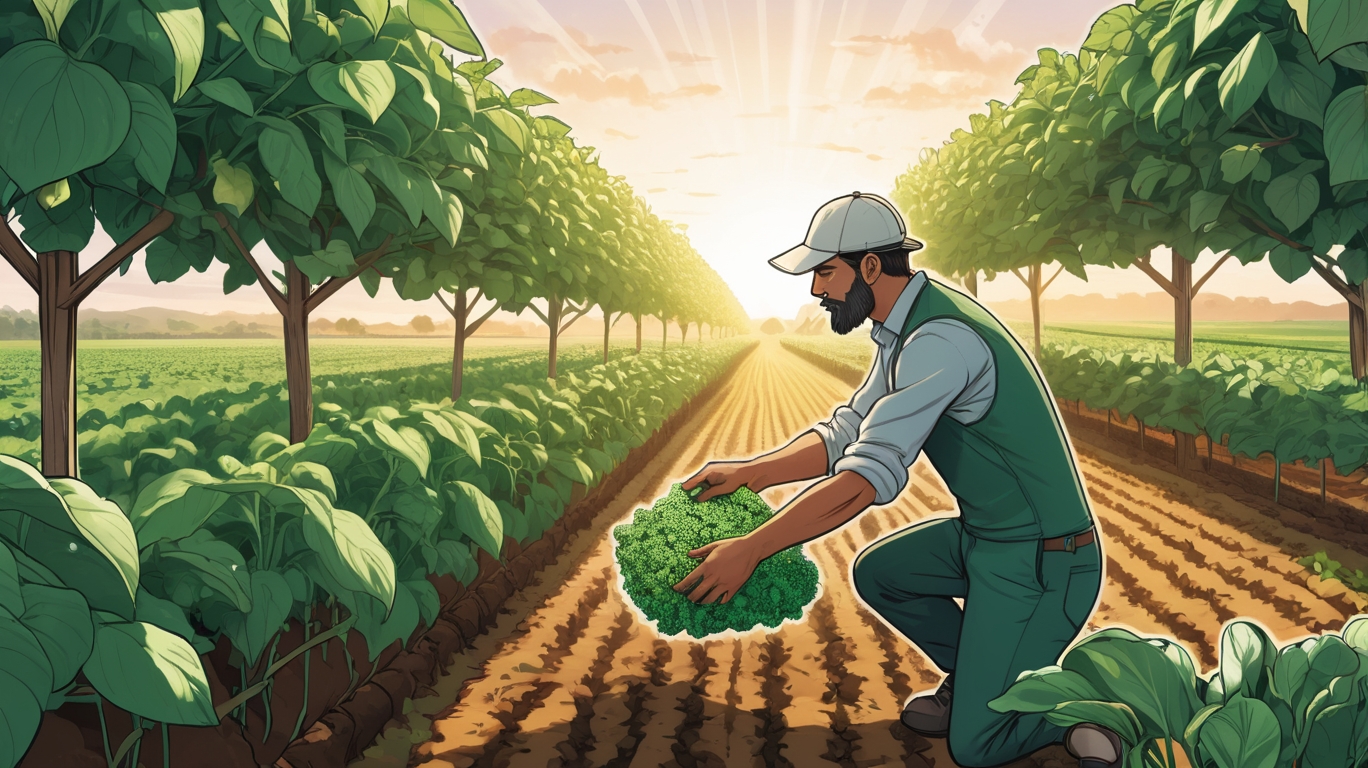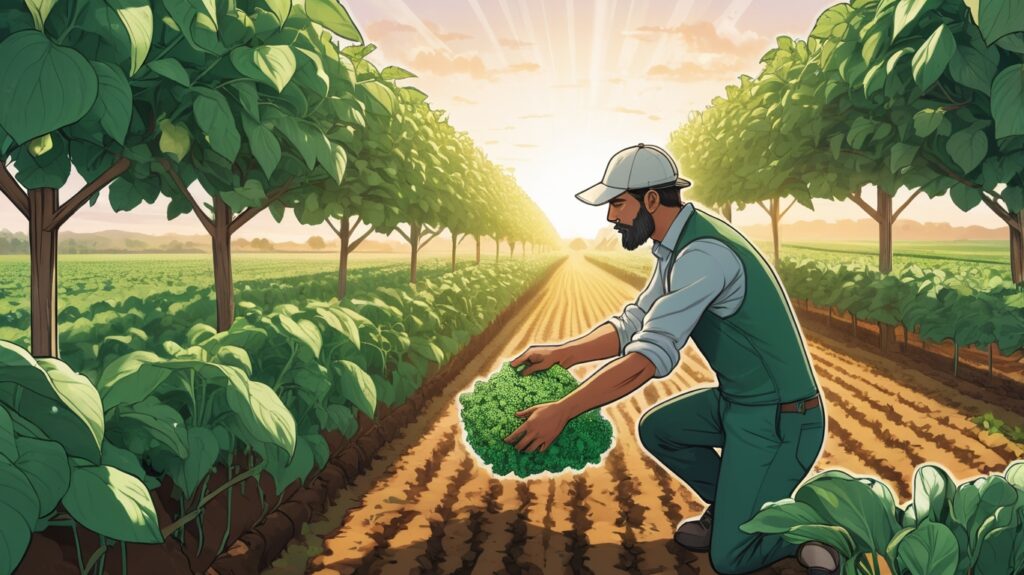Blockchain in Agriculture: Ensuring Transparency
In today’s interconnected world, consumers are increasingly curious about where their food comes from. Questions about farming practices, supply chain ethics, and food safety are more common than ever. At the same time, farmers and producers seek better ways to verify their efforts and ensure fair compensation.
This is where blockchain technology steps in—not as a buzzword, but as a practical tool for fostering transparency in agriculture. By creating an immutable, decentralized record of transactions, blockchain can help bridge the trust gap between producers, distributors, and consumers.

How Blockchain Enhances Agricultural Transparency
1. Traceability from Farm to Fork
Every step in the agricultural supply chain—from planting and harvesting to processing and retail—can be recorded on a blockchain. This means:
- Consumers can scan a QR code to see a product’s entire journey.
- Farmers can verify fair trade and organic certifications.
- Retailers can quickly identify and address contamination sources in case of recalls.
2. Fair Payments for Farmers
Small-scale farmers often face payment delays or unfair pricing due to middlemen. Blockchain-based smart contracts can automate payments once delivery conditions are met, ensuring timely and transparent transactions.
3. Combating Food Fraud
Mislabeling (e.g., falsely claiming organic status) is a persistent issue. With blockchain, certifications and test results are permanently recorded, making fraud much harder to commit.
4. Sustainable Practices Verification
As sustainability becomes a priority, blockchain can track water usage, carbon footprints, and ethical labor practices, helping consumers support responsible producers.
Challenges and Considerations
While promising, blockchain in agriculture isn’t without hurdles:
- Adoption Barriers: Small farmers may lack the tech infrastructure.
- Data Accuracy: Blockchain records are only as reliable as the data entered.
- Collaboration Needed: Entire supply chains must participate for full transparency.
A Step Toward Trust
Blockchain won’t solve every agricultural challenge overnight, but it offers a meaningful way to build accountability. When consumers know exactly where their food comes from—and farmers receive fair recognition for their work—everyone benefits.
The future of agriculture lies in openness, and blockchain is a quiet but powerful ally in making that happen.



